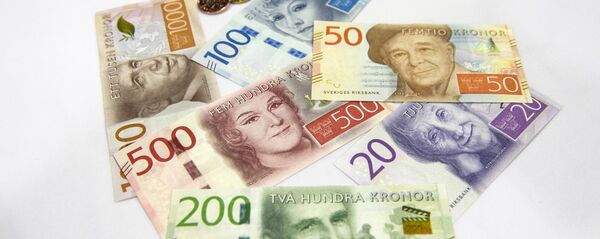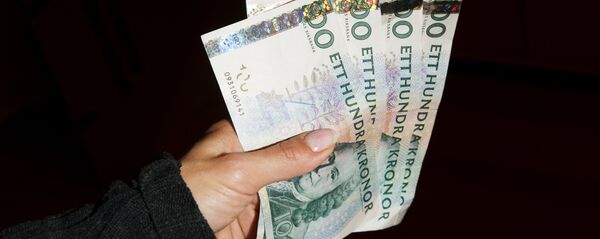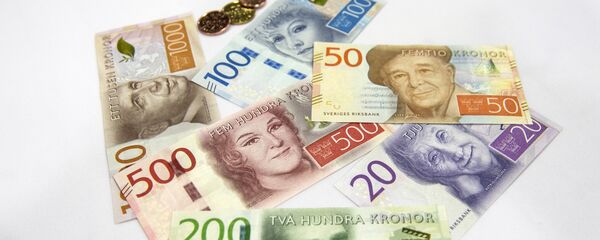Additionally, 95 percent of Sweden's population has access to bank cards. In 2014, the average Swede paid 270 times with a credit card, compared with an EU average of 93.
"It is possible that Sweden will stop using cash altogether. What matters is how good consumers think the alternatives are. When everyone thinks the options are better, then we will have stopped using cash," Christina Wejshammar of the Riksbank told the Swedish daily Dagens Nyheter.
So far, the main prerequisites for a national switch to electronic payments are a general technology-friendly attitude towards the population, expensive distribution costs for cash management and a plethora of electronic options. According to Wejshammar, the Nordics' trust of public institutions and banks may prove crucial.
At present, electronic systems remain susceptible to hacker attacks or force majeure, with a natural calamity potentially creating considerable problems. Furthermore, there's a risk that some people will be left on the margins.
"The transition must be slow enough. Everyone may not have access to banking services. For some, it may prove hard to remember PIN codes or hit small buttons. We believe it is important that banks help customers who prefer cash to find other forms of payment," Wejshammar continued.
However, the increased transparency and control are not necessarily a blessing, as the comprehensive tracing of people's activity through their payment history may prove damaging to one's privacy.
"You'll be able see where the person drank coffee in the morning and where the train ticket was bought. Based on that information, you can compile a personal profile, which is potentially a major danger to personal integrity," Michael Halling, a professor at the Stockholm School of Economics, told Dagens Nyheter.
Another problem to tackle is the rise of alternative or cryptocurrencies such as Bitcoin, which make transactions next to untraceable. Their phenomenon alone indicates a public need for a currency that is neither controlled by the state nor the central bank.
According to prosecutor Catharina Linné of the Swedish Economic Crime Authority, financial crime will become complicated as it gets progressively harder to get cash.





